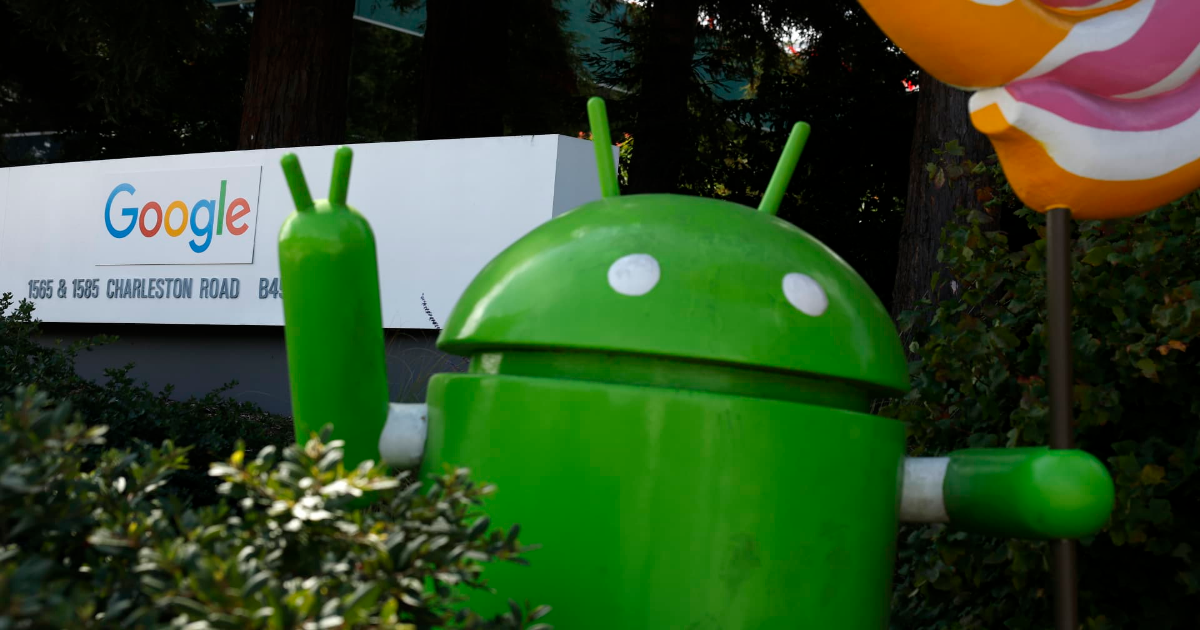An Android character is displayed in front of a building on the Google headquarters campus on July 23, 2025 in Mountain View, California.
Investors can have a reputation of being penny pinchers. For one, they tend to push up share prices on layoff announcements because of the associated cost savings. Accordingly, when a company reports slow revenue growth or an increase in spending, it’s more often than not punished in the stock market.
After the bell on Wednesday, Alphabet said it would be spending $85 billion on infrastructure as it expands its artificial intelligence strategy this year. That’s $10 billion more than it forecast in February — which had already overshot the $58.84 billion estimated by Wall Street.
Alphabet said it was raising expenditure because of “strong and growing demand for our Cloud products and services” — of which revenue in the second quarter jumped 32% from a year ago.
Despite the increased spending — which is no small amount — the Google parent saw its shares rise as much as 3% in extended trading, though it’s pared some of its gains as of 8 a.m. Singapore time. In other words, investors seem confident that the investment in AI can finally be properly monetized and translate into higher revenue.
A penny saved might be a penny earned, but a penny invested properly can be a pound in return.
Alphabet’s second-quarter earnings beat expectations. However, the Google parent also said that, this year, it would be investing $10 billion more than previously announced in capital expenditures related to artificial intelligence.
Tesla’s results miss the mark. Elon Musk’s electric vehicle company reported a 16% year-over-year decline in automotive revenue for the second quarter, while overall revenue also fell below analysts’ estimates. Tesla shares were down over 4% in extended trading.
The Nasdaq Composite closes above 21,000 for the first time. The S&P 500 and Dow Jones Industrial Average also rose, buoyed by optimism over a trade deal between the U.S. and Japan. The Stoxx 600 Europe climbed 1.08%, lifted by auto stocks.
Japan trade deal info appears to be altered by hand. A photo of a card sitting on Trump’s desk, posted by Dan Scavino, the White House deputy chief of staff, depicted last-minute edits made with a marker and discrepancies from the announced deal.
[PRO] There’s a buzz around ‘neoclouds.’ Investors like these companies, which specialize in artificial intelligence cloud computing, because they’re more cost-effective for clients than traditional hyperscalers. But risks are starting to appear.
Aerial view of a villager drying Chinese fan palm leaves on July 21, 2025 in Neijiang, Sichuan province of China.
Beijing has more to worry about than just deflation
China’s economy requires more than short-term stimulus, even as deflationary pressures intensify. To that end, tech innovation is an important part of the upcoming five-year plan, said Liu Qiao, dean of the Guanghua School.
But he added that institutional reform is just as important. The Chinese Communist Party’s grip on the state and its institutions enables it to exert greater influence over the economy than in the U.S., for example.
— Evelyn Cheng
